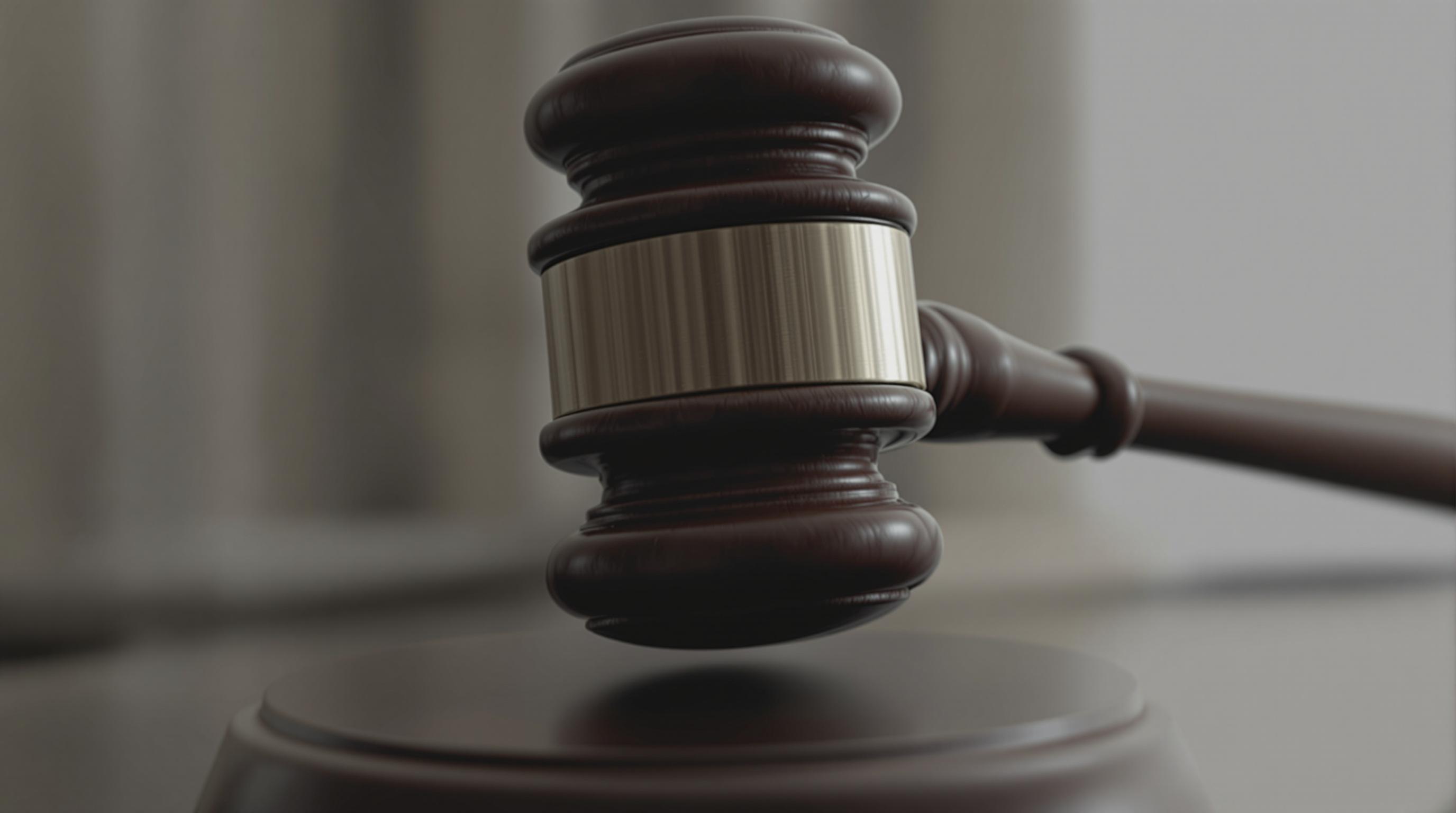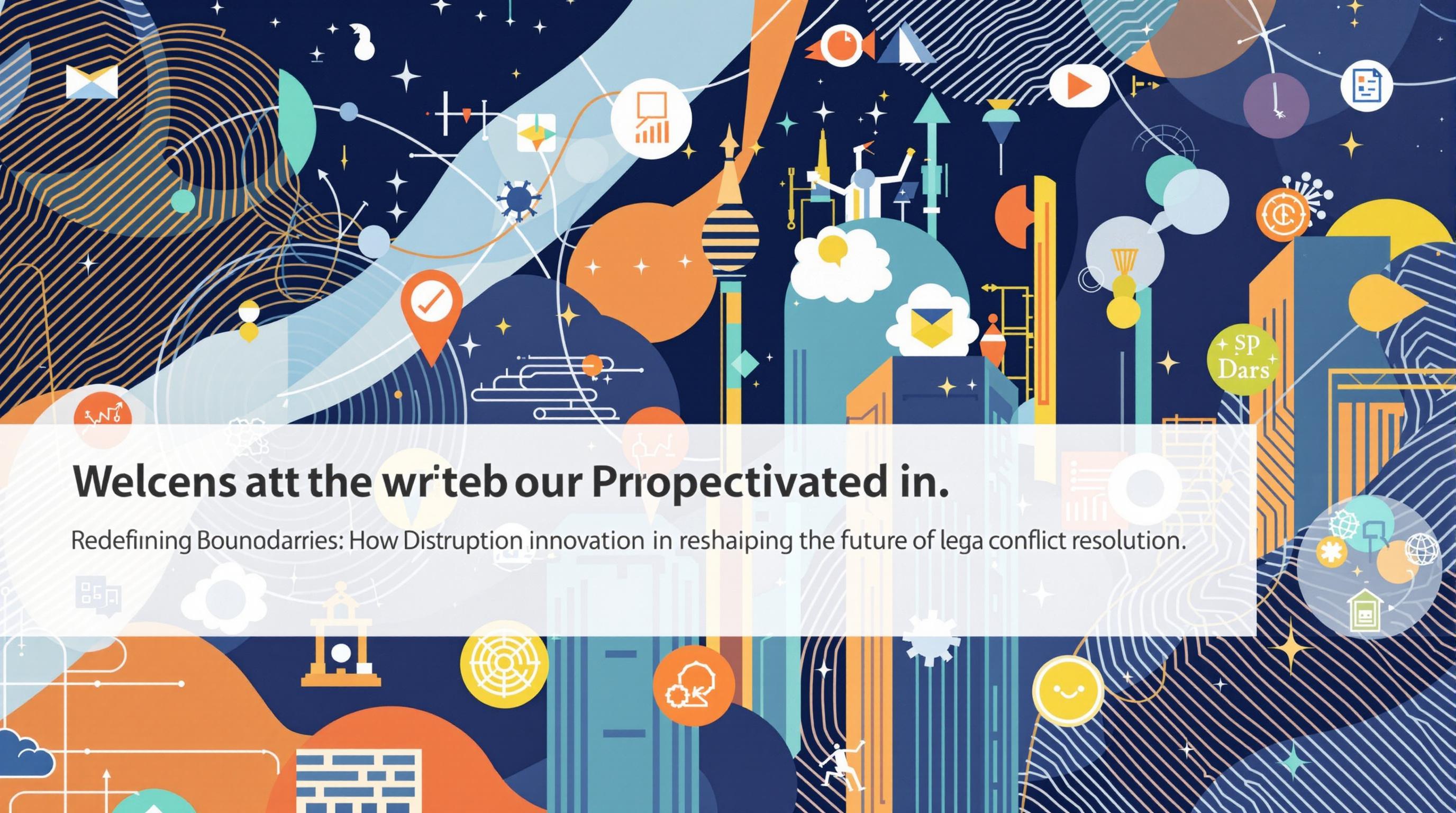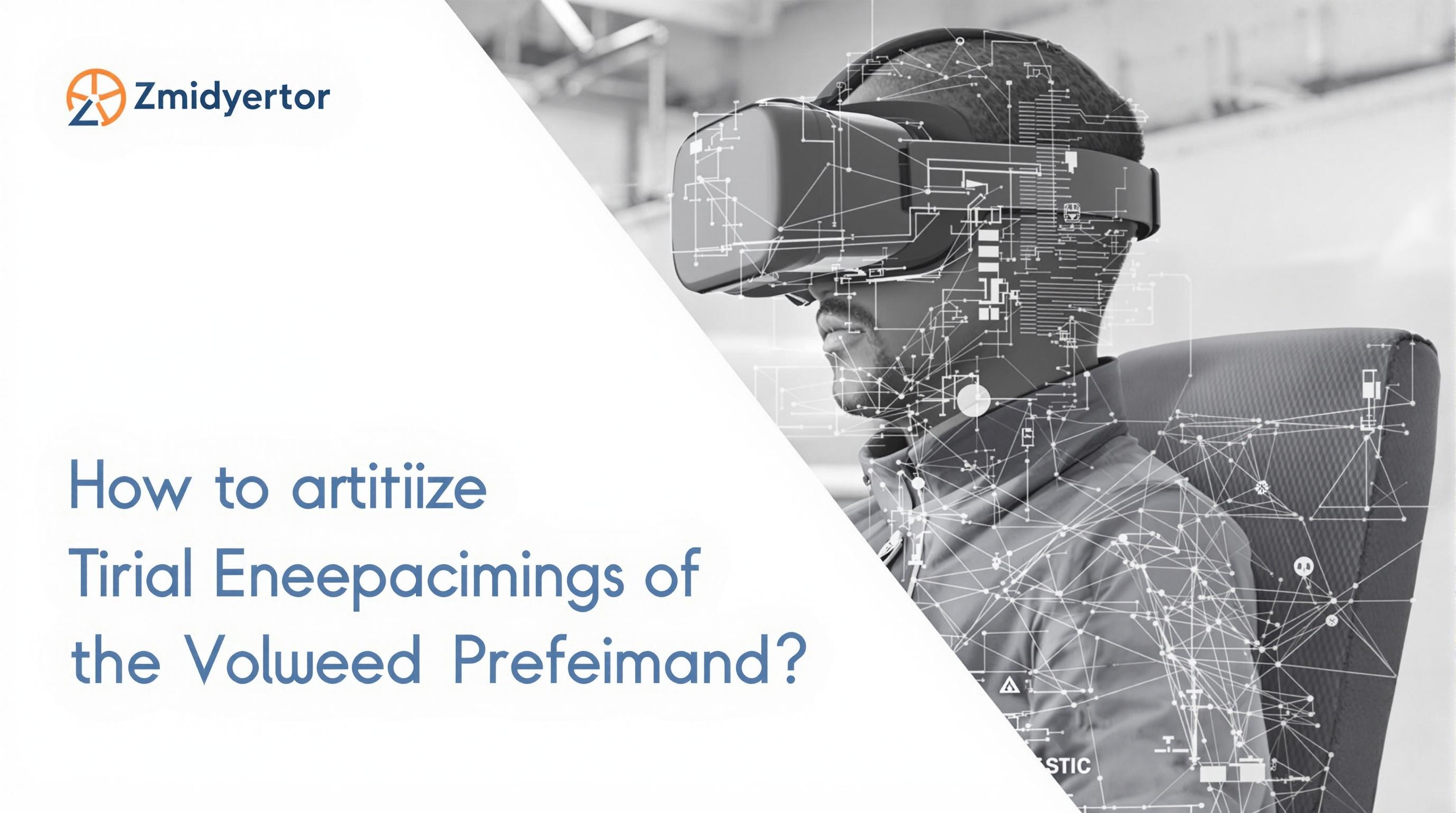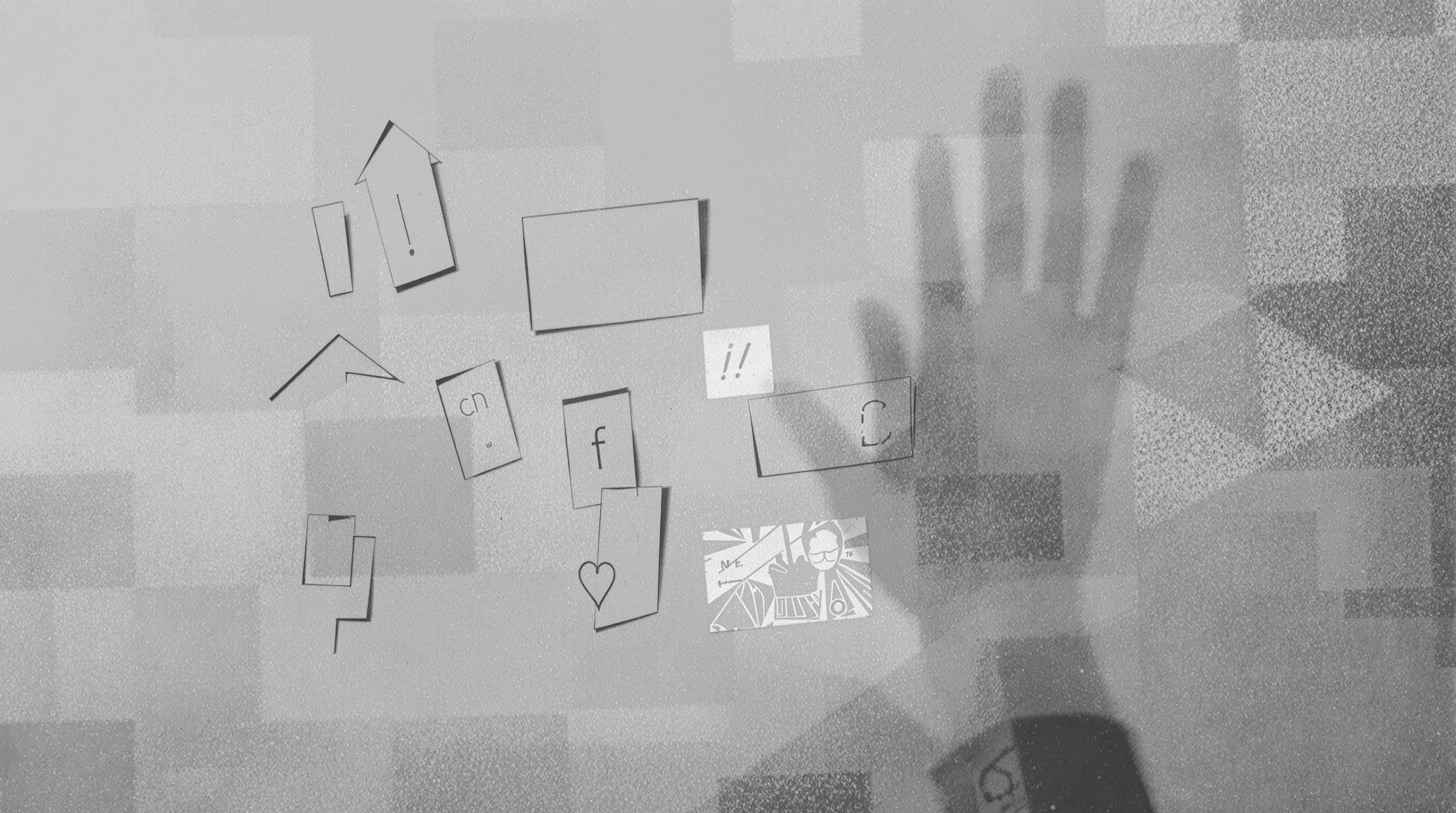Related Articles
- Redefining Boundaries: How Disruptive Innovation is Reshaping the Future of Legal Conflict Resolution
- The Future of Litigation: How Virtual Reality is Transforming Trial Preparation and Witness Testimony
- The Hidden Power of Narrative: Crafting Compelling Legal Stories Amidst Procedural Complexity
- Evolving Benchmarks: The Unexpected Impact of Pop Culture on Legal Precedents and Jury Perception
- Jurisdictional Jigsaw: How Globalization is Redefining Legal Practice and Client Representation in Uncharted Territories
- Legal Futures: The Overlooked Impact of Augmented Reality on Contract Negotiation and Dispute Resolution
Navigating the Gray: The Rise of Moral Dilemmas in High-Stakes Legal Decision-Making
Navigating the Gray: The Rise of Moral Dilemmas in High-Stakes Legal Decision-Making
Navigating the moral gray areas of legal decision-making is increasingly common in high-stakes scenarios, where the stakes—and ethical quandaries—can be monumental. This article explores the rise of moral dilemmas in legal contexts, highlighting the judgments lawyers face, the implications of their decisions, and the blurred lines between right and wrong.
The Evolving Landscape of Legal Ethics
Take a moment to think about the world of legal ethics. It’s like a high-stakes chess match where each move can have life-altering consequences. In recent years, the legal profession has witnessed a surge in complex moral dilemmas due to factors like technology, evolving societal norms, and increasingly publicized court cases.
The Case of the "Affluenza" Teen
Let’s kick things off with a shocking case that rocked the media: the story of Ethan Couch, the so-called "affluenza" teen. In 2013, Couch used his socioeconomic status as a defense after killing four people in a drunk driving accident. The term "affluenza," coined by Couch's psychiatrist, suggested that his privileged upbringing made him incapable of understanding the consequences of his actions.
Ultimately, Couch received only probation. This case exemplifies the complex interplay between morality, justice, and legal reasoning. When lawyers defend clients based on such controversial arguments, how does that shape public perception of the legal system?
Statistics in Legal Decision-Making
Statistics reveal that moral dilemmas are not just theoretical. According to the American Bar Association, approximately 43% of lawyers report facing situations where the right course of action was not clear. This statistic underscores the prevalence of moral ambiguity in the legal field, suggesting that many legal professionals grapple daily with decisions that test their ethical boundaries.
Finding the Balance: Law vs. Morality
While the law provides a structured framework for making decisions, morality is often a subjective concept influenced by personal beliefs, cultural backgrounds, and societal expectations. For instance, a lawyer might know that a client is guilty yet still feel compelled to defend them vigorously due to their ethical obligations. This struggle can lead to feelings of cognitive dissonance, where one’s moral compass clashes with the demands of their profession.
Defending the Indefensible
Consider this: a criminal defense attorney represents a client accused of a heinous crime—what happens when they suspect their client might be guilty? On one hand, they have a duty to defend their client vigorously; on the other, they may feel an ethical obligation to the victims. Balancing the scales of justice becomes an intricate dance. The consequences can be profound; the attorney must navigate the murky waters of guilt, innocence, and legal duty.
Historical Context: Ethical Dilemmas Through the Ages
From the Nuremberg Trials to modern-day controversies surrounding whistleblowers, the concept of moral dilemmas in law is not new. Historically, lawyers have faced the challenge of reconciling their duty to defend with their personal beliefs about justice and fairness. The Nuremberg Trials, for instance, posed significant ethical questions about the defense of war criminals, leading to ongoing debates about the morality of such decisions.
A Practical Example: The Dilemmas of Intellectual Property
Shifting gears, let’s look at the realm of intellectual property (IP) law. When a tech giant infringes on a small startup’s breakthrough technology, lawyers often find themselves in a bind. Should they prioritize their corporate client's interests or advocate for the rights of the underdog? The stakes can lead to biased decisions—after all, the outcome could mean the difference between a successful startup and a corporate monopoly.
In a study by the Harvard Business School, it was found that 54% of entrepreneurs felt that large companies often use their resources to overpower smaller competitors, sometimes at the expense of ethical considerations.
The Ripple Effect of Legal Decisions
Every legal decision has ramifications that extend beyond the courtroom. For instance, judicial rulings can set precedents influencing future cases and societal norms. When judges or lawyers make decisions that seem morally questionable, it often leads to public backlash and calls for reform within the legal system.
Cultural Influences on Moral Dilemmas
Interestingly, cultural context can significantly shape views on moral dilemmas in law. In some cultures, the idea of “saving face” holds immense importance, which may lead legal professionals to prioritize reputation over honesty. In others, collectivism may sway decisions towards benefiting the group rather than the individual, leading to entirely different moral calculations.
Real Life Stories: The Cost of Dishonesty
Let’s lighten the mood for a moment with a story that illustrates the pitfalls of moral dilemmas. Ever heard of the lawyer who represented a notorious mob boss? As the story goes, he found himself deeply conflicted when he realized that his client was involved in criminal activities even beyond the charges at hand. To make matters worse, his own family was threatened by the mob. Talk about a moral gray area!
At a family dinner, he joked, "On one hand, I have my ethical obligations to my client; on the other, I have to protect my kids." The laughter that followed masked the uncomfortable truth: navigating moral dilemmas in high-stakes legal scenarios often resembles a tragicomedy.
Technological Influence on Legal Ethics
Today’s rapid technological advances have introduced new ethical dilemmas that legal practitioners must navigate. Issues like data privacy, cybercrime, and artificial intelligence integration present challenges that lawyers often feel unprepared to address. A study by the International Bar Association revealed that approximately 60% of lawyers believe that technology is outpacing the ethical guidelines currently established within the legal framework.
Persuasive Strategies for Legal Narratives
Furthermore, how lawyers choose to frame their arguments can also illustrate the moral dilemmas they encounter. Persuasion tactics can either uphold ethical standards or manipulate them to sway outcomes. For example, during cases involving domestic violence, how a lawyer presents the evidence can significantly influence jury perceptions—potentially leading to unjust outcomes.
Conclusion: Embracing the Complexity
In the end, navigating the gray areas of moral dilemmas in law is an essential yet often uncomfortable part of the profession. Lawyers and judges find themselves continually balancing ethics, duties, and personal beliefs in a world full of challenges and conflicting interests. As society evolves, so too must the legal profession adapt to these complications, ensuring that justice—not just legality—prevails.
So, what’s the takeaway? As we reflect on the dilemmas faced in high-stakes legal decision-making, let us acknowledge that sometimes, the choices we make are less about black and white and more about finding a way to navigate the shades of gray with integrity and understanding.




